
In today’s fast-paced and demanding world, stress has become an inevitable part of our lives. Whether it’s work pressures, personal challenges, or unexpected events, stress can take a toll on our mental and emotional well-being. However, it’s important to remember that stress is not always negative. In fact, it can serve as a catalyst for personal growth and development. This is where the concept of stress resilience comes into play.
Stress resilience refers to the ability to adapt and bounce back from difficult situations. It is about having the mental and emotional strength to cope with stress, rather than being overwhelmed by it. Resilience is not something we are born with, but rather a skill that can be developed and nurtured over time.
Understanding the meaning of stress resilience is crucial in order to achieve it. It involves having a positive mindset, being able to see challenges as opportunities for growth, and having effective coping mechanisms in place. Resilient individuals are able to maintain a sense of optimism and hope, even in the face of adversity.
So, how can we achieve stress resilience? It starts with self-awareness and self-care. Taking the time to understand our own triggers and stressors is essential in developing effective coping strategies. This may involve practicing mindfulness, engaging in regular physical exercise, or seeking support from loved ones or professionals.
Additionally, building a strong support network is crucial in achieving stress resilience. Surrounding ourselves with positive and supportive individuals can provide a sense of belonging and help us navigate through difficult times. It’s important to remember that seeking help is not a sign of weakness, but rather a strength.
In conclusion, stress resilience is about more than just bouncing back from difficult situations. It is about embracing challenges, developing effective coping mechanisms, and maintaining a positive mindset. By understanding the meaning of stress resilience and taking proactive steps towards achieving it, we can enhance our mental and emotional well-being, and ultimately lead more fulfilling lives.
What is Stress Resilience?
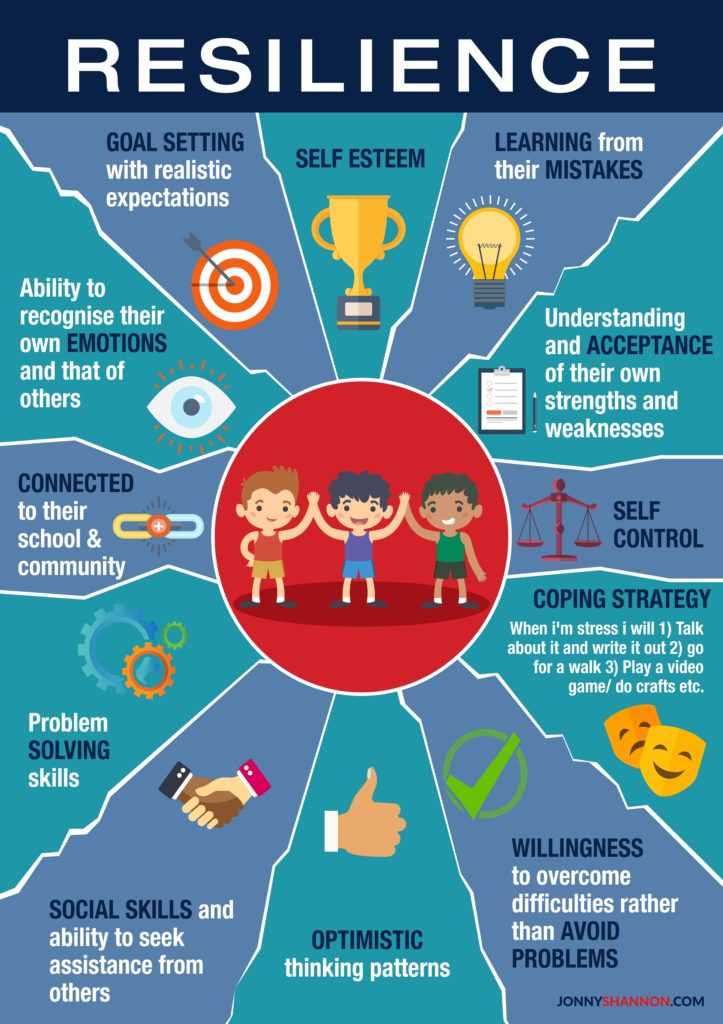
Stress resilience refers to an individual’s ability to adapt and cope with stressors in a healthy and effective manner. It is a mental strength that allows individuals to maintain their well-being and emotional stability even in the face of challenging circumstances.
A resilient person is able to bounce back from difficult situations and experiences, and they possess the ability to recover and thrive despite adversity. They have the capacity to withstand and manage stress, which helps them maintain a positive outlook and overall mental health.
Stress resilience is not about avoiding stress or eliminating it completely from one’s life. Instead, it is about building the skills and strategies necessary to navigate and overcome stress in a healthy way. Resilient individuals are able to recognize and regulate their emotions, develop effective coping mechanisms, and seek support when needed.
Having stress resilience does not mean that a person is immune to stress or that they never experience it. Rather, it means that they have the ability to bounce back and recover quickly from stressful situations. They are able to adapt and learn from challenges, which ultimately strengthens their overall resilience.
| Key Features of Stress Resilience |
| 1. Adaptability |
| 2. Mental well-being |
| 3. Strength |
| 4. Resilient meaning |
| 5. Coping mechanisms |
| 6. Emotional stability |
Overall, stress resilience is an important trait that can greatly benefit individuals in managing and navigating the challenges of life. By developing and strengthening their stress resilience, individuals can enhance their overall well-being and lead healthier, more fulfilling lives.
Definition of Stress Resilience
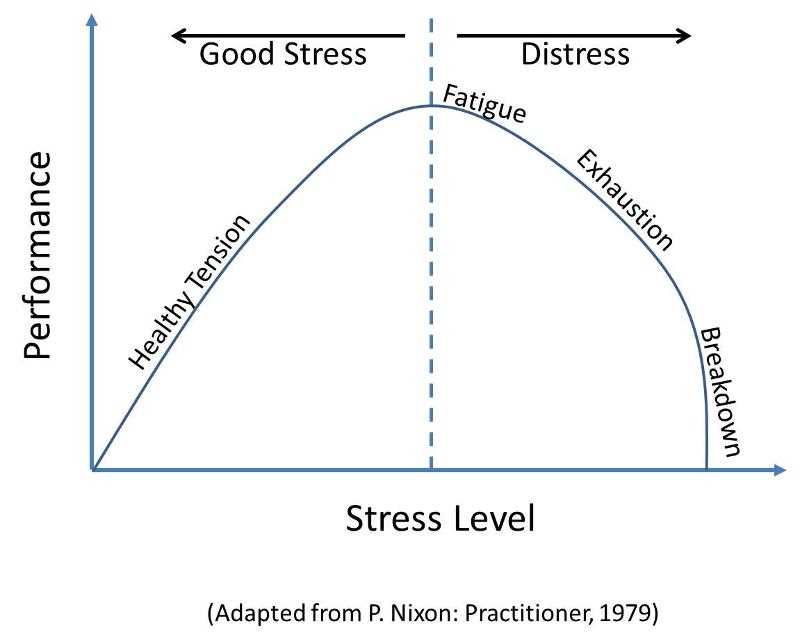
Stress resilience is a mental strength that allows individuals to effectively cope with and adapt to the challenges and pressures of stress. It is the ability to bounce back from difficult situations and maintain a sense of well-being.
Being stress resilient does not mean that a person never experiences stress, but rather that they have developed the skills and mindset to handle stress in a healthy and productive way. It involves having a strong support system, practicing self-care, and utilizing effective coping strategies.
Stress resilience is characterized by a person’s ability to remain calm and focused during stressful situations, as well as their ability to recover quickly and efficiently afterwards. It is about finding balance and maintaining a positive outlook, even in the face of adversity.
Ultimately, stress resilience is essential for maintaining mental and emotional well-being. It allows individuals to navigate life’s challenges with confidence and adaptability, leading to greater overall satisfaction and success.
Importance of Stress Resilience
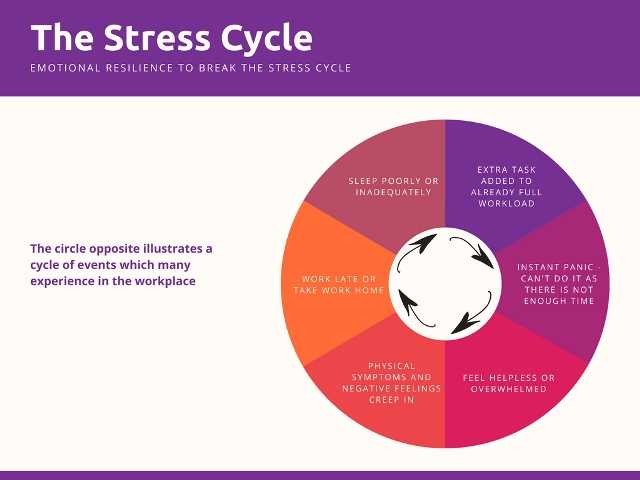
Stress resilience is the ability to adapt and cope with stress in a way that promotes well-being and mental strength. It is the capacity to bounce back from difficult situations and maintain a sense of balance and calmness. Understanding the meaning of stress resilience is crucial in today’s fast-paced and demanding world.
Stress is a common occurrence in daily life, and its impact can be detrimental to both physical and mental health. However, individuals who possess stress resilience have the ability to navigate through challenging circumstances without being overwhelmed by stress. They have the strength to face adversity head-on, finding constructive ways to cope and manage their emotions.
The importance of stress resilience lies in its ability to enhance overall well-being. When individuals are stress-resilient, they are better equipped to handle the pressures of life, maintaining a positive outlook and sense of self. Stress resilience promotes mental health, reducing the risk of developing anxiety disorders, depression, and other stress-related conditions.
Furthermore, stress resilience allows individuals to maintain healthy relationships and effective communication. When faced with stress, resilient individuals are less likely to lash out or withdraw from others. Instead, they can effectively manage their emotions and find constructive solutions to conflicts.
In today’s fast-paced and demanding world, stress resilience is a valuable asset. It empowers individuals to thrive in the face of adversity, maintaining a sense of balance and well-being. Developing stress resilience is a lifelong process that involves self-awareness, self-care, and the cultivation of healthy coping strategies. By prioritizing stress resilience, individuals can achieve mental strength and lead healthier, more fulfilling lives.
Factors Affecting Stress Resilience
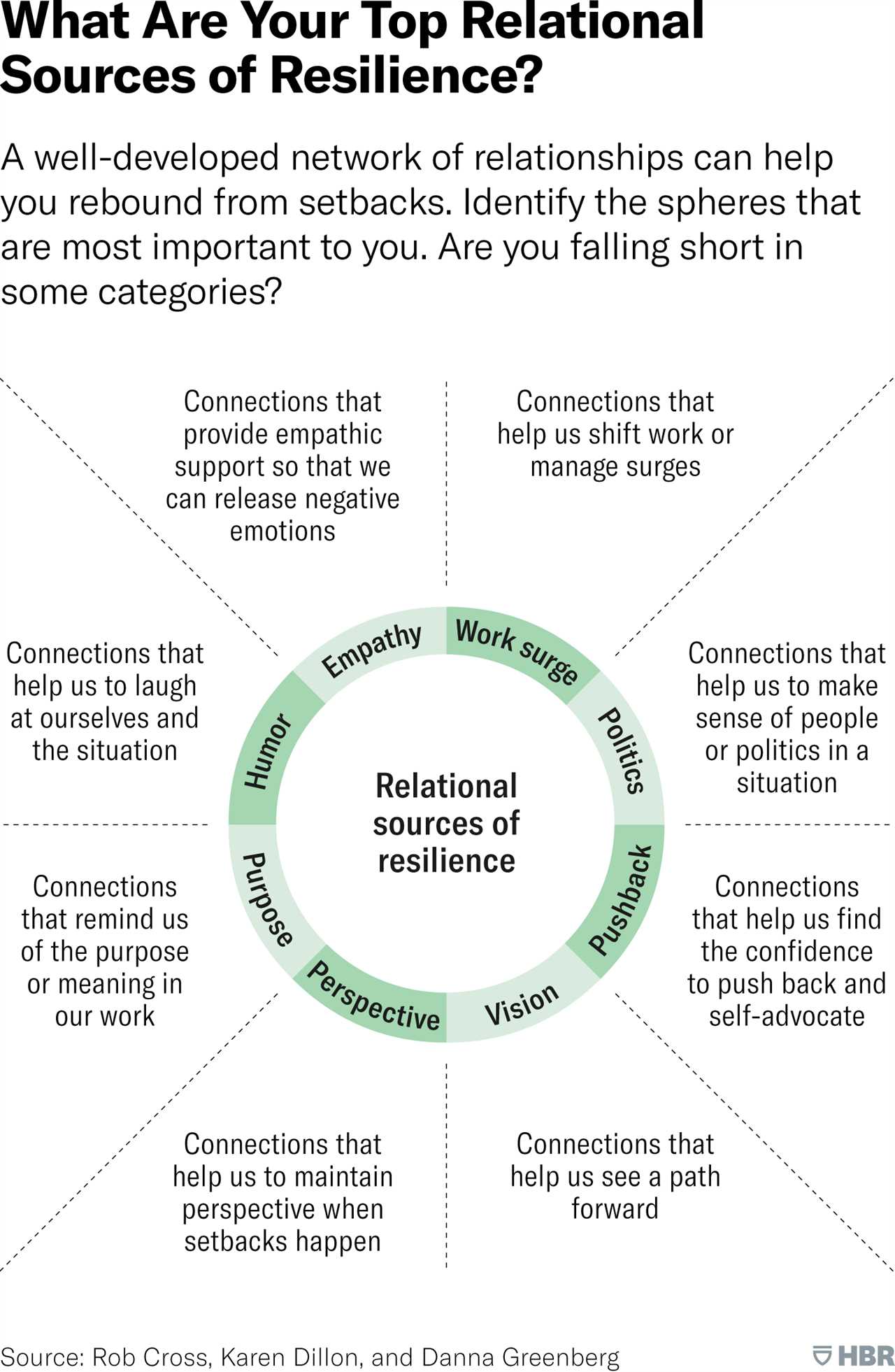
Stress resilience refers to an individual’s ability to cope with and bounce back from stressful situations. It is influenced by a variety of factors that contribute to one’s overall well-being and mental health. Understanding these factors can help individuals build resilience and maintain a sense of strength and adaptability in the face of adversity.
- Coping Strategies: The way individuals cope with stress plays a significant role in their resilience. Developing healthy coping mechanisms, such as seeking support from others, practicing relaxation techniques, or engaging in physical activity, can enhance stress resilience.
- Resilient Mindset: A resilient mindset involves having a positive outlook and the belief that challenges can be overcome. This mindset helps individuals view setbacks as opportunities for growth and develop the mental and emotional strength to persevere through difficult times.
- Supportive Relationships: Social support from family, friends, and community can greatly impact stress resilience. Having a strong support network provides a sense of belonging, emotional support, and practical assistance during challenging times.
- Meaning and Purpose: Finding meaning and purpose in life can contribute to stress resilience. Having a sense of direction and goals can provide motivation and help individuals navigate through stressful situations.
- Emotional Intelligence: Emotional intelligence, which involves the ability to identify, understand, and manage emotions, is crucial for stress resilience. Being able to regulate emotions and respond effectively to stressors can help individuals maintain their well-being during difficult times.
- Physical Health: Physical health plays a significant role in stress resilience. Engaging in regular exercise, eating a balanced diet, and getting enough sleep can help individuals better manage stress and maintain their overall well-being.
- Adaptability: Being adaptable and flexible in the face of change is an important factor in stress resilience. The ability to adjust to new circumstances and find alternative solutions can help individuals navigate through stressful situations more effectively.
By understanding these factors and actively working on building resilience, individuals can enhance their ability to cope with stress and maintain their well-being even in challenging times.
Biological Factors
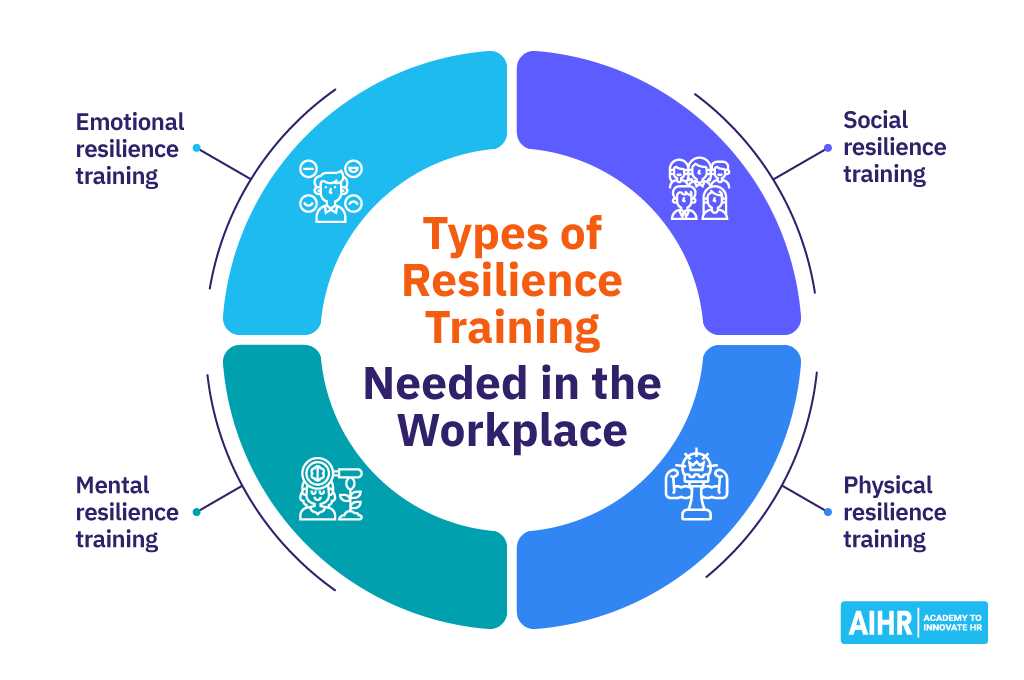
The mental and emotional resilience to stress is influenced by various biological factors. These factors play a crucial role in an individual’s ability to cope with and adapt to stress, ultimately impacting their overall well-being and resilience.
One key biological factor is the stress response system, which involves the release of stress hormones such as cortisol. Cortisol helps regulate the body’s response to stress by increasing blood pressure, enhancing metabolism, and suppressing the immune system. Individuals with a resilient stress response system are better able to manage and recover from stressors.
Genetics also play a role in stress resilience. Some individuals may inherit genetic variations that make them more resilient to stress. These genetic differences can influence the functioning of neurotransmitters, such as serotonin and dopamine, which are involved in mood regulation and stress response. Individuals with a genetic predisposition for resilience may have a greater ability to bounce back from stressful situations.
Furthermore, brain structure and function can impact an individual’s stress resilience. The amygdala, prefrontal cortex, and hippocampus are key brain regions involved in the stress response and regulation of emotions. A well-developed prefrontal cortex, which is responsible for executive functions such as decision-making and impulse control, can help individuals better cope with stress. Additionally, a larger hippocampus, involved in memory and learning, may enhance an individual’s ability to adapt and learn from stressful experiences.
Another biological factor that contributes to stress resilience is physical health. Regular exercise, a balanced diet, and sufficient sleep can improve an individual’s overall well-being and strengthen their ability to handle stress. Engaging in physical activity releases endorphins, which are natural mood boosters and stress relievers. Proper nutrition provides the necessary nutrients for optimal brain function, while adequate sleep supports cognitive processes and emotional regulation.
| Biological Factors | Impact on Stress Resilience |
|---|---|
| Stress response system | Regulates the body’s response to stress |
| Genetics | Influence neurotransmitter function and mood regulation |
| Brain structure and function | Affects stress response and emotional regulation |
| Physical health | Improves overall well-being and coping abilities |
Understanding and addressing these biological factors can contribute to the development of effective strategies for enhancing stress resilience. By taking care of one’s physical health, managing stress response, and considering genetic predispositions, individuals can build their mental and emotional strength to better cope with stress and promote their overall well-being.
Psychological Factors
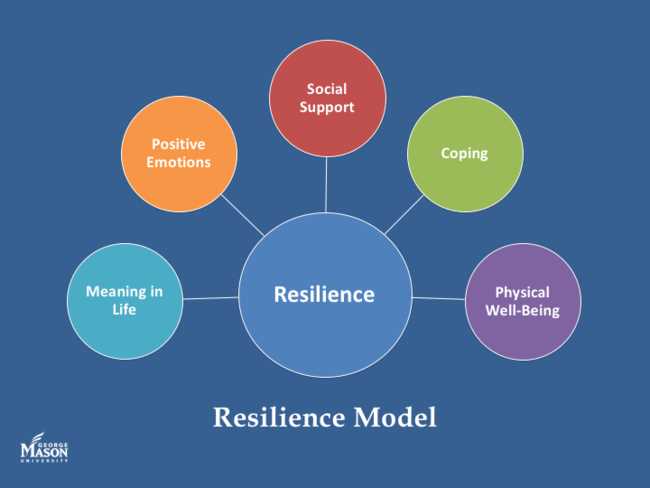
Psychological factors play a crucial role in understanding stress resilience and how to achieve it. The mental and emotional aspects of an individual’s well-being are key components in their ability to adapt and cope with stress.
Resilient individuals possess a heightened level of psychological adaptability, allowing them to effectively manage and navigate through challenging situations. They have a strong sense of self-awareness and are able to recognize and regulate their emotions in a healthy manner.
One important psychological factor in stress resilience is the ability to find meaning in difficult experiences. Resilient individuals are able to reframe stressful situations and find purpose and value in them. This sense of meaning helps them to maintain a positive mindset and persevere through adversity.
Furthermore, resilient individuals have developed effective coping mechanisms to deal with stress. They are able to identify and utilize healthy coping strategies such as exercise, meditation, or seeking social support. These coping mechanisms help them to reduce the negative impact of stress on their mental and emotional well-being.
Overall, understanding the psychological factors that contribute to stress resilience is essential in developing strategies to enhance one’s ability to adapt and thrive in the face of adversity. By cultivating self-awareness, finding meaning in difficult experiences, and developing effective coping mechanisms, individuals can build their resilience and improve their overall well-being.
Social Factors
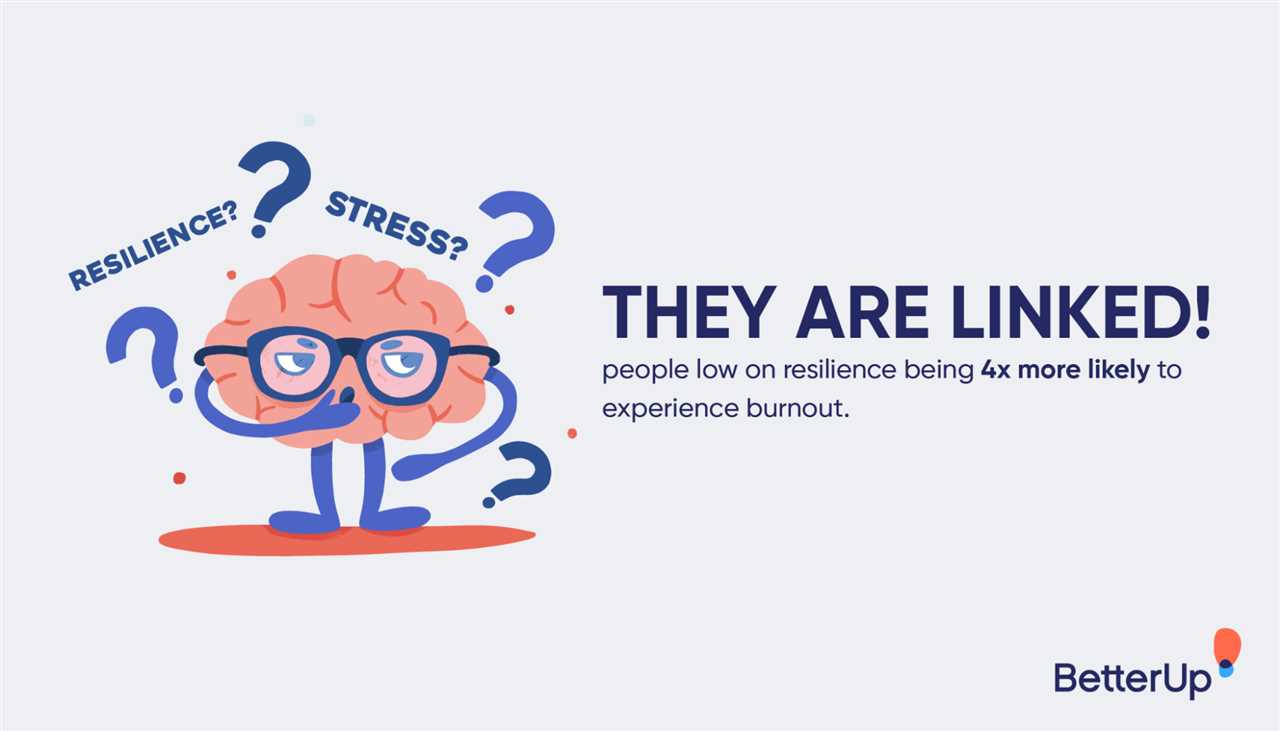
Social factors play a crucial role in developing emotional strength and resilience. The meaning and well-being of individuals are greatly influenced by their social environment. The support and connections they have with others can significantly impact their ability to cope with stress and adapt to challenging situations.
Having a strong social network provides individuals with a sense of belonging and support, which can enhance their resilience. Social connections offer a platform for individuals to share their experiences, seek advice, and receive emotional support. This support acts as a buffer against stress and helps individuals maintain their well-being.
Furthermore, social factors can enhance an individual’s adaptability and coping skills. Interacting with others allows individuals to learn from different perspectives and experiences. They can gain new insights and strategies for dealing with stress, which can contribute to their resilience.
Additionally, social factors can influence the meaning individuals attribute to stress. Through social interactions, individuals can develop a more positive and constructive perspective on stress. They can reframe stressful situations as opportunities for growth and personal development, rather than as overwhelming challenges.
Overall, social factors play a crucial role in fostering emotional strength, meaning, and well-being. Building strong social connections and engaging in meaningful social interactions can contribute to an individual’s resilience and ability to cope with stress. It is important to cultivate these social factors as part of a comprehensive approach to stress resilience.
Developing Stress Resilience
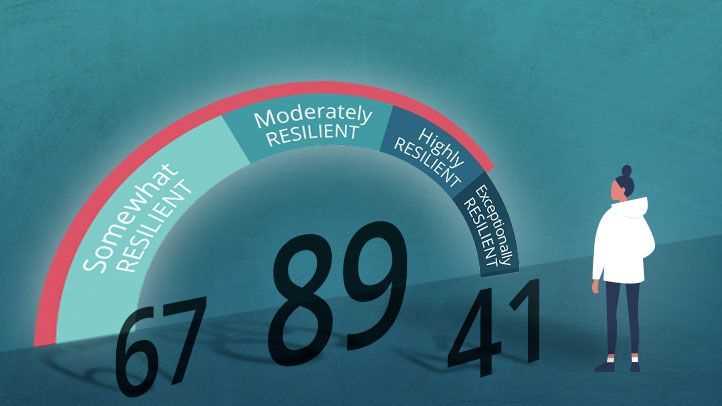
Developing stress resilience is essential for maintaining overall well-being and mental health. In today’s fast-paced and demanding world, stress has become a common part of our lives. However, it is important to understand that stress is not always a negative thing. It can serve as a motivator and help us cope with challenges.
Resilience is the ability to adapt and bounce back from stressful situations. It involves developing effective coping mechanisms and emotional strength. Building stress resilience requires a combination of physical, mental, and emotional strategies.
One way to develop stress resilience is by cultivating self-awareness. This involves recognizing our stress triggers and understanding how they affect us. By identifying these triggers, we can develop strategies to manage them effectively.
Another important aspect of stress resilience is building a strong support system. Surrounding ourselves with supportive and understanding individuals can help us navigate through stressful times. Seeking help from friends, family, or professionals can provide us with the emotional support we need.
Practicing self-care is also crucial for developing stress resilience. Taking care of our physical and mental well-being can help us better cope with stress. Engaging in activities that bring us joy and relaxation, such as exercise, meditation, or hobbies, can help reduce stress levels and increase resilience.
Lastly, finding meaning in stressful situations can contribute to stress resilience. By reframing our perspective and finding the silver lining in challenging experiences, we can develop a more resilient mindset. This involves focusing on personal growth and learning from difficult situations.
In conclusion, developing stress resilience is a process that involves self-awareness, building a support system, practicing self-care, and finding meaning in stressful experiences. By incorporating these strategies into our lives, we can enhance our ability to adapt and bounce back from stress, leading to improved overall well-being and mental health.
Self-Care Practices
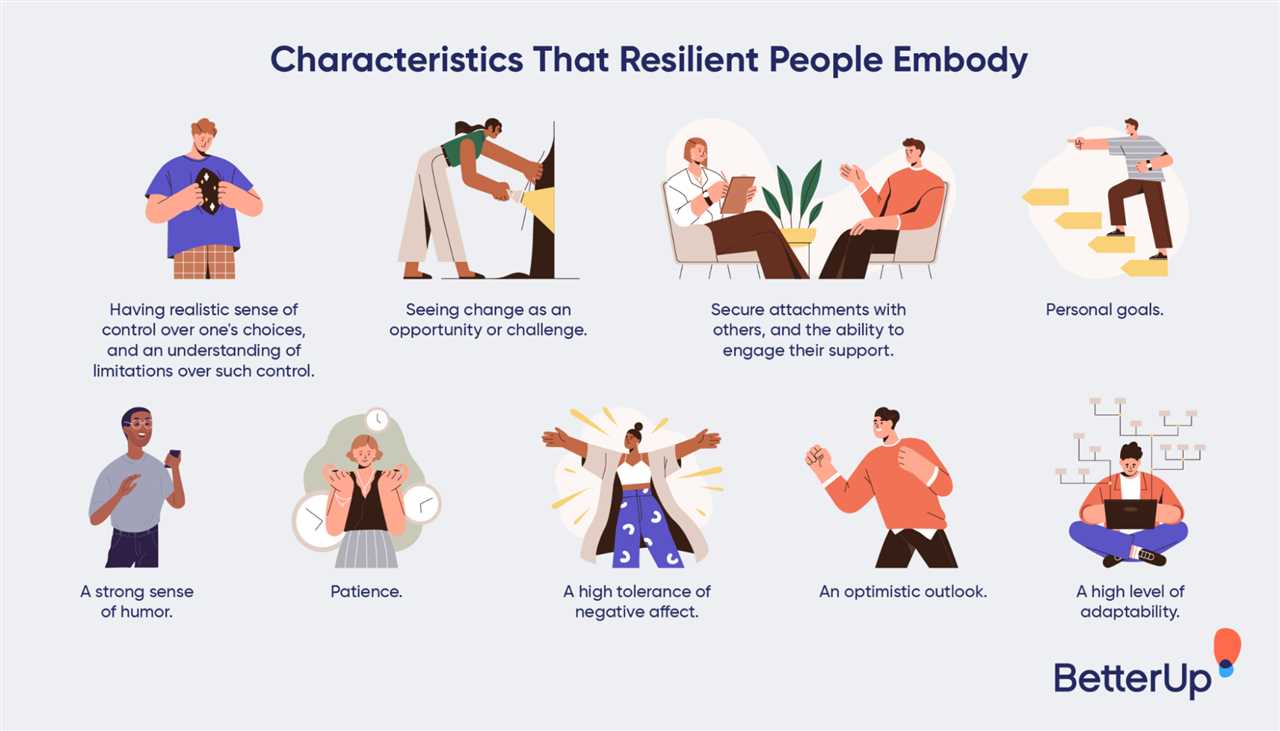
When it comes to managing stress and finding meaning in our lives, practicing self-care is essential. Self-care refers to the intentional actions we take to promote our physical, mental, and emotional well-being. By prioritizing self-care practices, we can build resilience and cope with stress more effectively.
Here are some self-care practices that can help us cultivate emotional strength and adaptability:
- Engage in regular exercise: Physical activity has been shown to reduce stress, improve mood, and increase overall well-being. Whether it’s going for a walk, practicing yoga, or hitting the gym, finding an exercise routine that suits your preferences can have a positive impact on your mental health.
- Prioritize sleep: Adequate sleep is crucial for our mental and physical health. Establishing a regular sleep schedule and creating a relaxing bedtime routine can help improve sleep quality and promote better stress management.
- Nurture social connections: Building and maintaining strong relationships with friends, family, and community can provide a support system during times of stress. Connecting with others, whether it’s through phone calls, virtual meetups, or in-person gatherings, can help us feel supported and understood.
- Practice mindfulness and relaxation techniques: Mindfulness meditation, deep breathing exercises, and progressive muscle relaxation are effective techniques for reducing stress and promoting relaxation. Taking a few minutes each day to engage in these practices can help us stay grounded and centered.
- Engage in hobbies and activities you enjoy: Taking time for activities and hobbies that bring you joy and fulfillment can help reduce stress and increase overall life satisfaction. Whether it’s painting, playing an instrument, gardening, or cooking, finding activities that you love can provide a sense of purpose and meaning.
- Set boundaries and practice saying no: It’s important to establish boundaries and prioritize your own needs. Learning to say no to activities or commitments that may cause excessive stress or overwhelm can help you maintain balance and prevent burnout.
- Seek support when needed: It’s okay to ask for help when you need it. Whether it’s talking to a trusted friend or family member, seeking therapy, or joining a support group, reaching out for support can provide valuable guidance and perspective during challenging times.
By incorporating these self-care practices into our daily lives, we can enhance our stress resilience, find meaning in our experiences, and cultivate emotional strength and well-being.
Building a Support Network
A strong support network is crucial for maintaining emotional and mental well-being in times of stress. Having a support system in place can help individuals cope with challenges and build resilience.
One way to build a support network is to reach out to friends, family, or colleagues who can provide emotional support. These individuals can offer a listening ear, provide advice or guidance, and offer a different perspective on the situation.
Another important aspect of building a support network is finding individuals who can provide practical support. This can include helping with tasks or responsibilities that may become overwhelming during stressful times. Having someone to rely on for assistance can help alleviate some of the burdens and allow individuals to focus on their own well-being.
In addition to personal connections, joining support groups or seeking professional help can also be beneficial. Support groups provide a safe space for individuals to share their experiences, learn coping strategies, and gain support from others who may be going through similar challenges. Professional help, such as therapy or counseling, can provide individuals with the tools and techniques needed to navigate stress and build resilience.
Building a support network is an ongoing process that requires effort and commitment. It is important to nurture these relationships and maintain open lines of communication. By surrounding oneself with a strong support system, individuals can enhance their adaptability and resilience, ultimately finding greater meaning and well-being in their lives.
Developing Coping Strategies
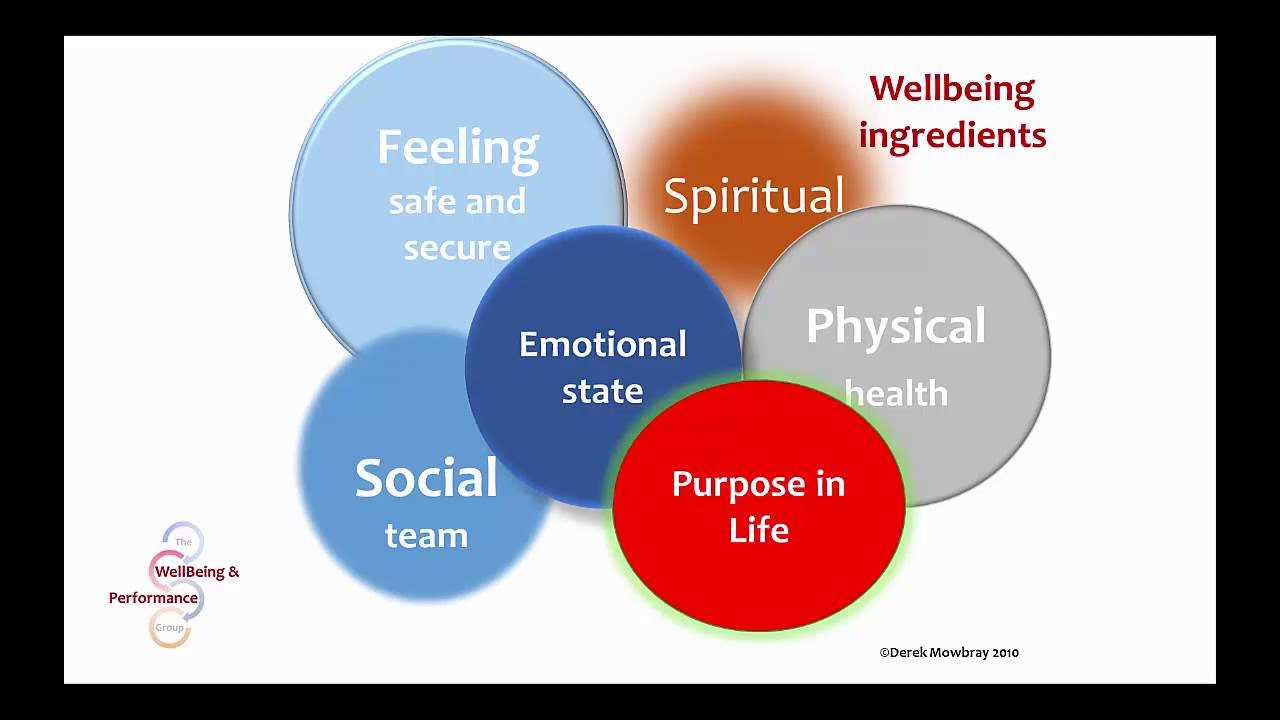
Developing coping strategies is an essential part of building resilience and strength in the face of stress. Coping strategies are the techniques and practices that individuals use to manage and navigate difficult situations and emotions.
Emotional resilience is the ability to adapt and bounce back from stress, adversity, and trauma. It involves developing coping mechanisms that help individuals maintain a sense of well-being and mental health.
There are various coping strategies that can be effective in promoting stress resilience and emotional well-being. These strategies may include:
| Strategy | Meaning |
| 1. Seeking support | Reaching out to friends, family, or professionals for emotional support and guidance. |
| 2. Practicing self-care | Taking care of one’s physical, emotional, and mental health through activities like exercise, meditation, and relaxation. |
| 3. Setting boundaries | Establishing limits and saying no to excessive demands or commitments to prevent overwhelm. |
| 4. Problem-solving | Identifying the root causes of stress and finding practical solutions to address them. |
| 5. Reframing thoughts | Changing negative thought patterns and replacing them with positive and realistic perspectives. |
| 6. Engaging in hobbies | Pursuing activities that bring joy, relaxation, and a sense of accomplishment. |
By developing and utilizing coping strategies, individuals can enhance their stress resilience and improve their overall well-being. It is important to remember that different strategies work for different people, so it may be beneficial to explore and experiment with various techniques to find what works best for you.

I am Patrina de Silva, a psychologist and mental health blogger in Sri Lanka. After obtaining psychology degrees from the University of Colombo and Monash University, I returned home to work as a counselor while also starting the popular blog “Pressy but Happy” to provide advice on psychological issues. Over the past decade, my empathetic articles have made my blog a leading mental health resource in the country. In addition to writing, I maintain a private therapy practice, frequently volunteer counseling time, and conduct seminars, driven by my passion for destigmatizing mental illness and educating the public on the mind-body connection. I strive to be an influential voice in my field through my compassionate approach.
